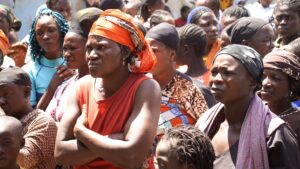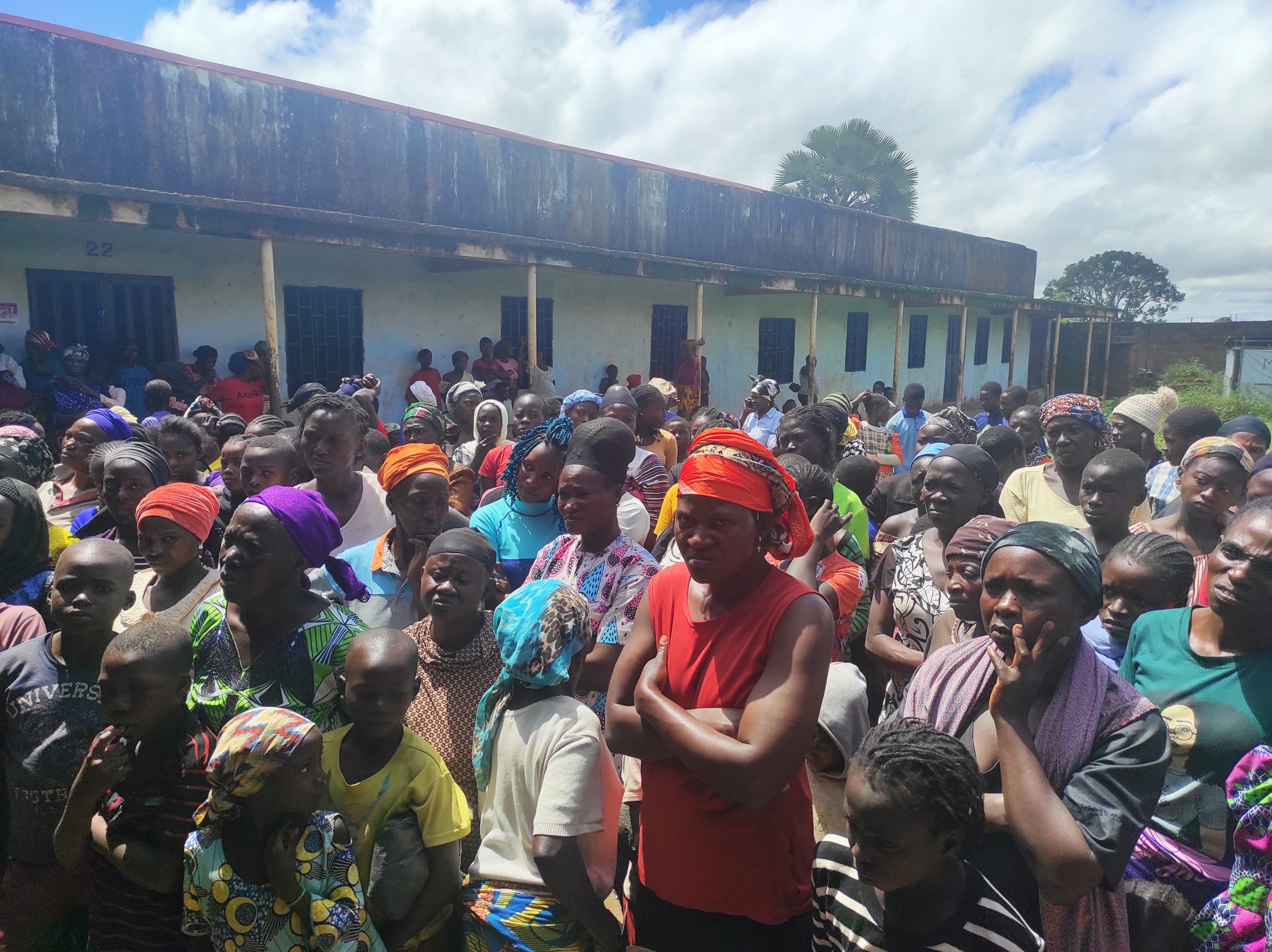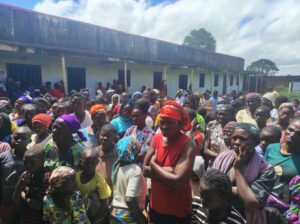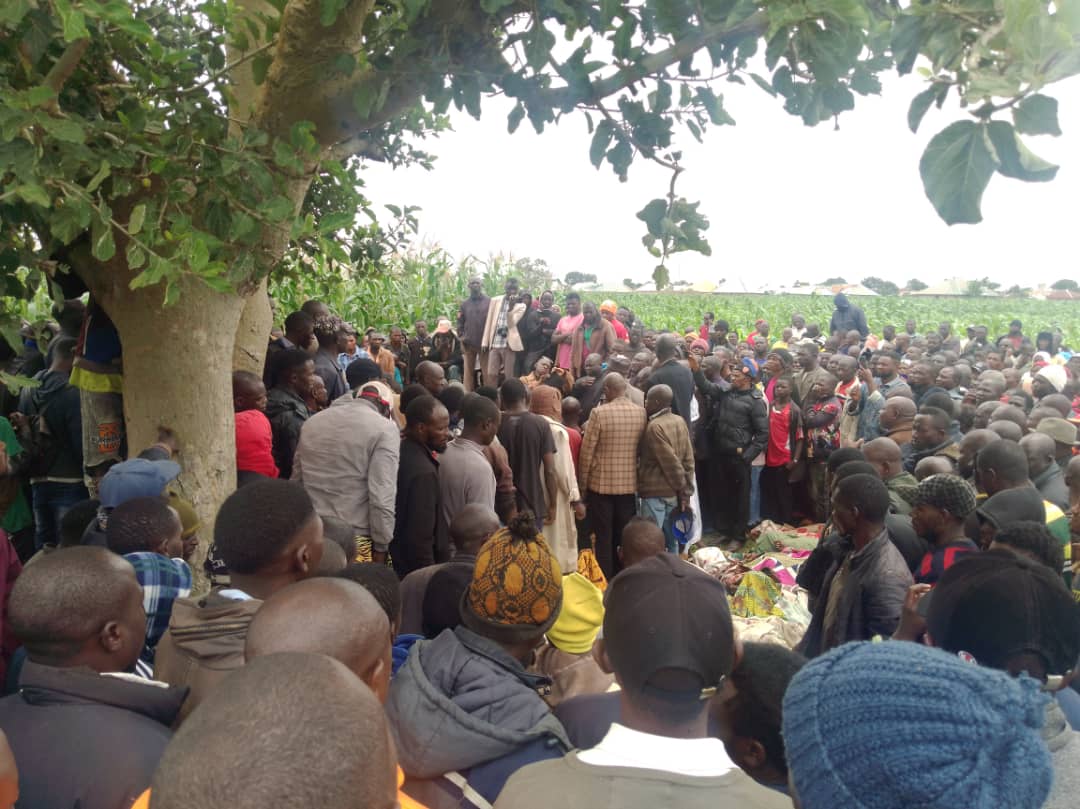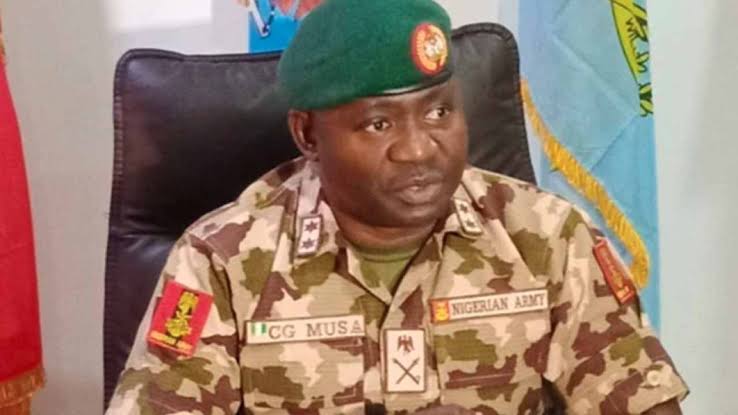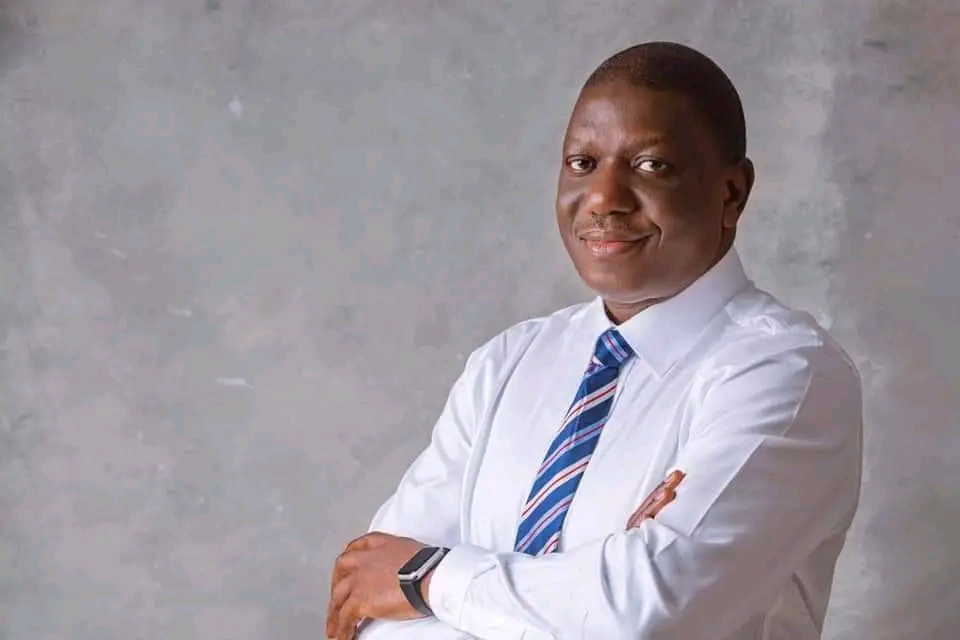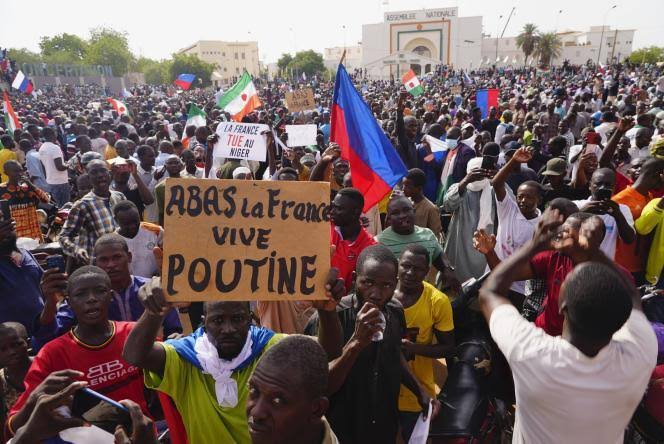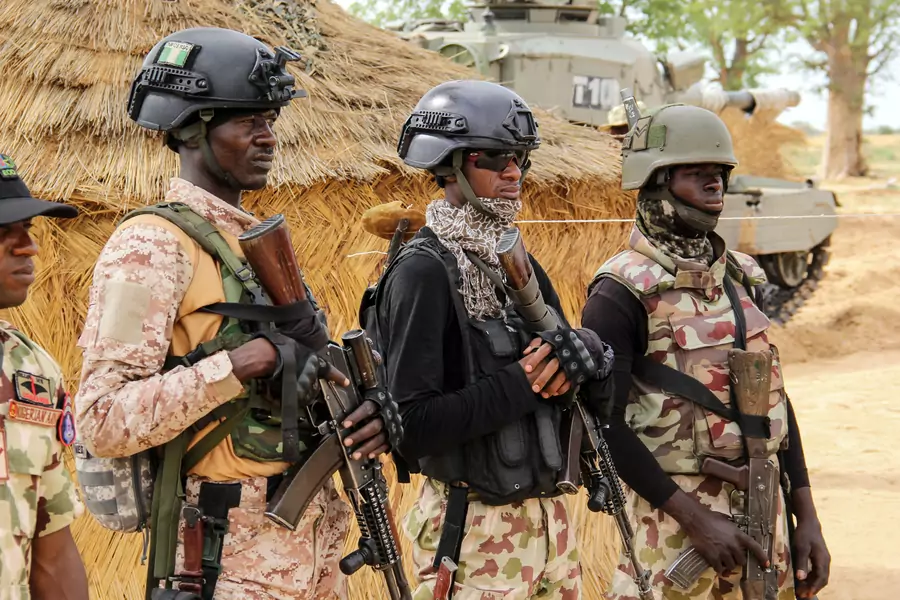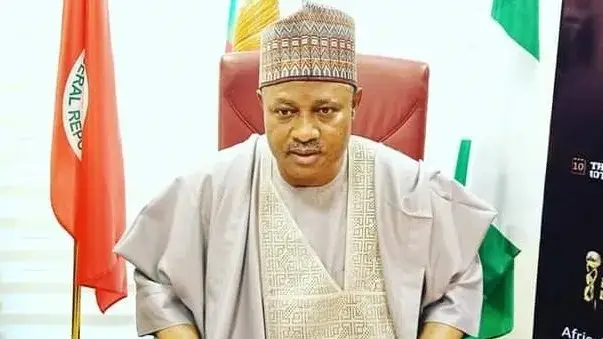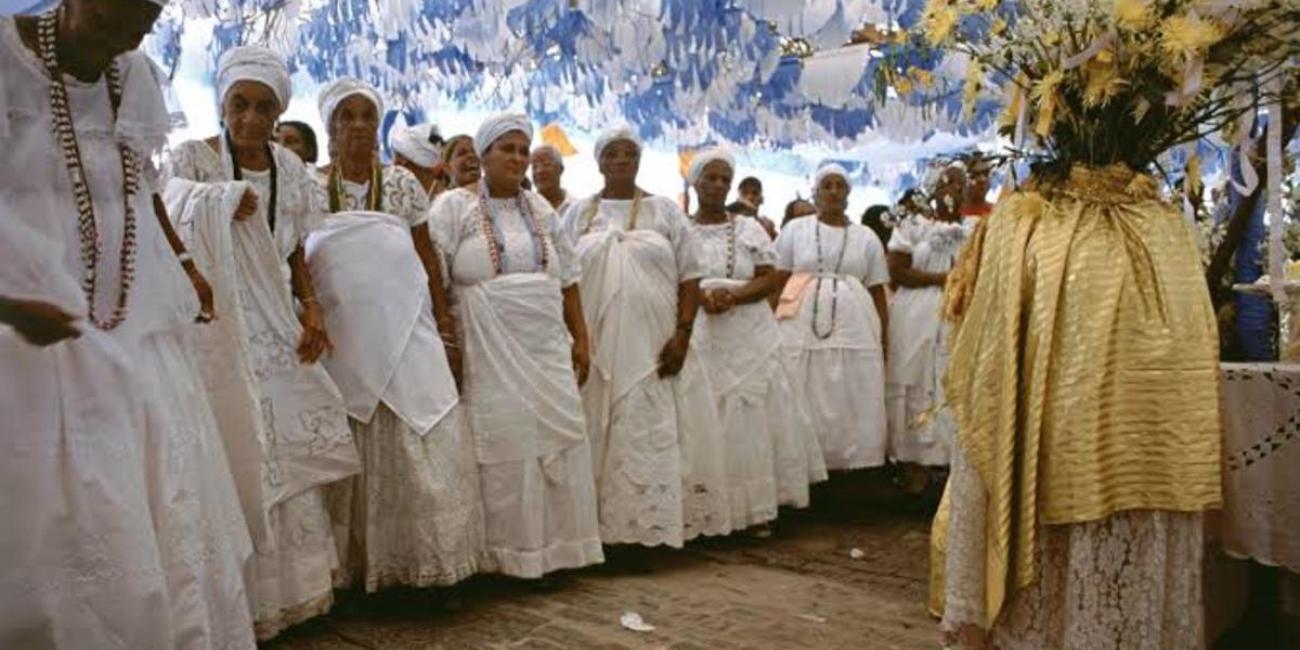Piqued by the recent Ilorin religious conflict and the seemingly conspiratorial silence of relevant agencies and notable individuals in power over the cause of the conflict, the International Council for Ifa Religion (ICIR) has written an open letter to President Bola Tinubu.
It called for recognition of traditionalists and respect for aspects of Nigeria’s constitution that lay emphasis on equity, equality and freedom of religion.
ICIR recalled a recent incident in Ilorin, the Kwara State capital, in which some Muslims, with the support of the Emir of Ilorin, Ibrahim Sulu-Gambari, threatened and harassed an Osun priestess, Yeye Ajesikemi Olokun, for wanting to hold Isese festival.
The Muslim fanatics described Ilorin as a Muslim city.
In a letter issued and signed by the President of the Council Oluwo Solagbade Popoola on behalf of ICIR (Worldwide), on Friday, the organisation alleged that governments at all levels overlook the principles of secularism by giving more prominence and attention to Islam and Christianity in total disregard of the religious diversity which is one of the unique feature of the Nigerian State.
The letter signed by Oluwo Solagbade Popoola, President of ICIR (Worldwide), and titled: ‘Open Letter To His Excellency Asiwaju Bola Hammed Tinubu GCFR, President And Commander-In-Chief, Federal Republic Of Nigeria’ reads in part: “Your Excellency, as you gradually settle down for the business of leading Nigeria to political, social and economic stability, ICIR feels it very pertinent to draw your attention to one of the salient and very important issues in the Nigeria’s constitution which has often been flagrantly and carelessly ignored. This issue centres on the principles of secularism as enshrined in several provisions of the 1999 Constitution, as amended.
“ICIR respectfully wishes to remind you of Section 10 of the Constitution of Nigeria which unequivocally states that ‘The Government of the Federation or of a State shall not adopt any religion as a State Religion.’ This provision prohibits the establishment of a state religion and affirms the secular nature of the Nigerian state.
“Your Excellency is invited to also note Section 38 of the constitution which clearly states that every individual has the right to freedom of thought, conscience, and religion. This includes the freedom to manifest and practice any religion or belief of one’s choice, either individually or in a community, subject to certain limitations to protect public safety, order, morality, or the rights of others.
“Bearing the above in mind, it may interest Your Excellency to know that traditional religion as well as its practitioners have continued to suffer persecutions and harassment in the hands of the two dorminant religions in Nigeria which are Islam and Christianity.
“Successive administrations of government across all tiers have also continued to discriminate to a large extent against traditional religions. The case of intimidation and harassment of a practitioner of traditional religion by the royal envoy of the Emir of Ilorin is a recent and fresh example. Like messengers of death, some muslims leaders had besieged the home of an Osun Priestess and threatened her never to practice her faith within specified areas of Ilorin.
“Up till this moment, the Nigerian Police and the Kwara State Government are yet to take any reasonable action that could deter such illegality. Yet Section 42 of the Nigeria’s constitution prohibits discrimination based on religion and states that no Nigerian can be discriminated against on the basis of their religion or belief. This provision also emphasizes the equality of all citizens irrespective of their religious affiliation.
“Your Excellency, it is arguable that the Federal Government and most States seem to be deliberate in their disregard to the aspect of Section 10 of the said constitution which requires them to maintain neutrality regarding religious matters: Section 10 prohibits the adoption of any religion as a state religion.
“Therefore, for declaring certain parts of Ilorin a muslim area, those Ilorin muslim leaders ought to have been decisively dealt with. Section 10 explicitly declares that government should not favor or endorse any particular religion. Rather, government is expected under the constitution to treat all religions equally and respect the religious diversity of its citizens.
“Another critical issue is that Federal and State Governments, in disregard to the Constitution, set aside certain days as public holidays for christians and muslims to celebrate their special festivals such as Christmas, Easter, Good Friday, Eid al-Fitr, Ramadan Eid al-Adha, Mawlid etc. Granting holidays to two religions, out of many, in a religiously diversified nation like Nigeria, is a contradiction to the secular character of Nigeria as established and recognised by our constitution.
“The dominance of Islam and Christianity in a secular State like Nigeria could be said to have been significantly influenced by the recognition given to them, above others, by Government. Why do both religions have Welfare and Pilgrimage Boards, funded from our common wealth, while other religions are held down in total surpression?
“The dominance of Islam and Christianity notwithstanding, traditional religions hold significance for many Nigerians. Therefore, it is very important to also factor our welfare along that of others so as to foster inclusiveness and ensure harmonious relationship.”
Therefore, the ICIR asked Tinubu to among other requests “grant due recognition to traditional religion alongside dominant ones in Nigeria; grant all traditional religions August 20 as Public Holiday for the entire practitioners of the religions in Nigeria to observe as a day to worship God and also venerate their ancestors and establish a legal framework that recognizes and protects the rights of individuals to practice traditional religions.”
According to ICIR, “this should also protect sacred sites and access to such places” and “allow religious ceremonies and rituals, and ensure that traditional religious practitioners are not subjected to discrimination or persecution”.
It added that “Nigeria Police and other Security Agencies should be authorized to arrest and prosecute anyone who tries to harass or intimidate any individual with the view preventing them from free exercise of their freedom of religion or right to affirm their individual belief whether in public or in private”.
ICIR also asked President Tinubu to “establish Welfare Board for practitioners of traditional religions in Nigeria in order to, among other things, ensure they have due access to heritage facilities and sites that have significant link with their faith and belief system” and “include us in interfaith dialogue and other relevant platforms when formulating policies or making decisions in order to ensure that our perspectives are also taken into account”.
“Finally, we urge you to consider the need to go deep into the origin of the Nigeria’s current socio-economic situation and tackle the problems once and for all thereby making way for a new Nigeria, the Nigeria of everybody’s dream,” it added.
Source: Saharareporters
